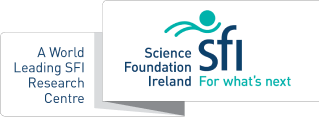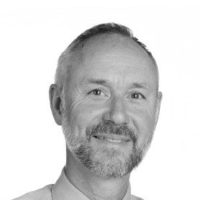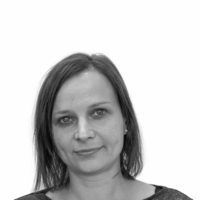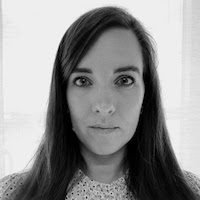
SATURN: Solutions At Underwater Radiated Noise
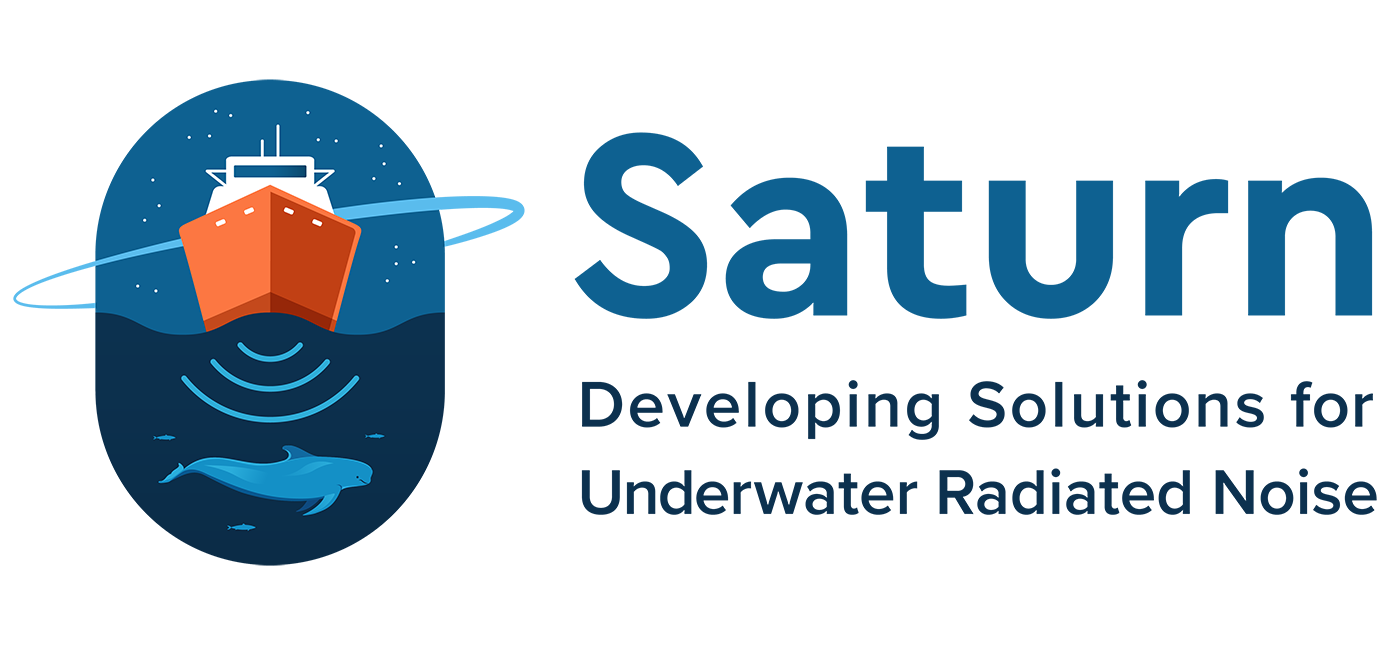
- Title
-
SATURN: Solutions At Underwater Radiated Noise
- Start Date
-
Feb 2021
- End Date
-
Feb 2025
- Funding Body
-
EU Framework Programme for Research and Innovation Horizon 2020
- Coordinator
-
Gerry Sutton, MaREI, UCC
- Project Partners
-
Aarhus Universitet (AU), Bureau Veritas Marine and Offshore SAS, CETENA, CEFAS, DNVGL, JASCO, MARIN, Naval Group, TNO, PLOCAN, Quiet Oceans, Institute for Terrestrial and Aquatic Wildlife Research, University of Veterinary Medicine Hannover (TIHO), Técnicas y Servicios de Ingeniería (TSI), Wärtsilä, Universiteit Leiden, UPC, CNR, Universidad de la Laguna and Sirehna.
- Research Area
- Website
Introduction
Underwater radiated noise (URN), from shipping and other human activities, is a complex global issue that requires a transdisciplinary approach. SATURN is a Horizon 2020-funded project that brings together leading experts from a variety of disciplines (bioacoustics; population biology; marine mammal, fish, and invertebrate biology; maritime architecture and engineering; shipping; maritime policy; stakeholder engagement and science communication) to address the negative impacts of ocean noise on marine species and identify:
- The sounds that are most detrimental to aquatic species and how they are produced and propagated;
- The short-term and cumulative long-term negative impacts of noise from shipping and boats on three representative groups of aquatic species in rivers and the sea (invertebrates, fish, and marine mammals);
- The most promising options for measuring and reducing the negative impacts of ship noise that can be applied to current and future vessels
SATURN will develop and contribute to the establishment of standards for terminology and methodology to be used across all disciplines working on underwater radiated noise. These standards will underpin the proposed research. The consortium will establish and nurture an effective community of researchers, practitioners, competent authorities, maritime operators, shipping/offshore/naval industries, and NGOs. This group will work closely with the project to ensure that outputs are tailored to the needs of all stakeholders and to maximize their uptake and application. SATURN proposes to confront the complex global issue of underwater radiated noise in a truly inclusive, transdisciplinary way that will ensure that the interests and knowledge of all stakeholders and the environment are represented.
Aim
SATURN addresses the adverse effects of underwater radiated noise on individual marine species and whole populations and seeks to develop technologies and measures to reduce and mitigate the negative impact of underwater noise.
Work Packages
WP1 – Project Management [Lead – MaREI, University College Cork, Ireland]
WP1 oversees the effective implementation and delivery of the entire project including routine operations, planning, strategic oversight, good governance and control and ensures good communications within the consortium and with the Commission. It is led by coordinator Gerry Sutton, MaREI, and supported by SATURN Project Manager, Pauhla McGrane. They are backed by a team of highly experienced EU administrative, legal, and finance personnel at UCC, with an excellent track record in delivery of 100+ EU projects over a 20-year period.
WP2 – Standardized methods to facilitate impact assessment and cost-effective URN measurement [Lead – JASCO, Germany]
This work package is led by JASCO and aims to develop and validate standardized methods to cost-effectively measure URN and facilitate the assessment of impacts from underwater noise generated by shipping and boats by harmonized terminology, metrics, and methodology for measurements and modelling, including particle motion.
WP3 – Impact of URN on behaviour, health, energetics, and populations of aquatic organisms [Lead – TIHO, Germany]
WP3 is led by TIHO and aims to advance our knowledge of the acute and cumulative effects of underwater noise generated by shipping and boats on water species including invertebrates at various life stages, migratory fish that use rivers and the ocean at different life stages, and a selection of marine mammals that is representative of the main hearing and communication ranges and dive depths.
WP4 – Demonstrating and assessing solutions to mitigate the effects of ship noise [Lead – MARIN, Netherlands]
Work package 4, led by MARIN, aims to advance the understanding of the fundamental mechanisms of propeller noise generation and to improve the reliability of computational and experimental tools for acoustic source level prediction of propulsors. It will also assess which of a range of existing and innovative operational and technical mitigation measures would be the most effective and feasible for reducing environmental impact from underwater noise from a policy, legal and commercial perspective.
WP5 – Dissemination, Outreach and Communication [MaREI, UCC]
Work package 5 is led by Kathrin Kopke, Amy Dozier and Orla-Peach Power of MaREI, UCC, and will apply a collaborative, transdisciplinary approach to communicate and disseminate project activities, outputs and findings throughout the project to a variety of audiences. WP5 in particular targets audiences such as public authorities with relevance to European Directives (such as MSFD and MSP), private sector organizations and industry such as shipping and offshore construction, academia in related fields of expertise to support associated research as well as the general public to increase awareness of this threat to the environmental status of our ocean.
WP6 – Stakeholder engagement, exploitation and policy support [Lead- Bureau Veritas, France]
WP6, led and overseen by Bureau Veritas, will capitalize on the scientific, technical, and stakeholder-based expertise of the consortium developed in WP2, WP3, and WP4 and establish an interface with a global group of stakeholders from across the range of relevant disciplines and end-users. This group will be included in all stages of the project, including the development of standards and methodologies and the dissemination and application of project outputs.
Contact
Email : ei.ccu@nrutas


